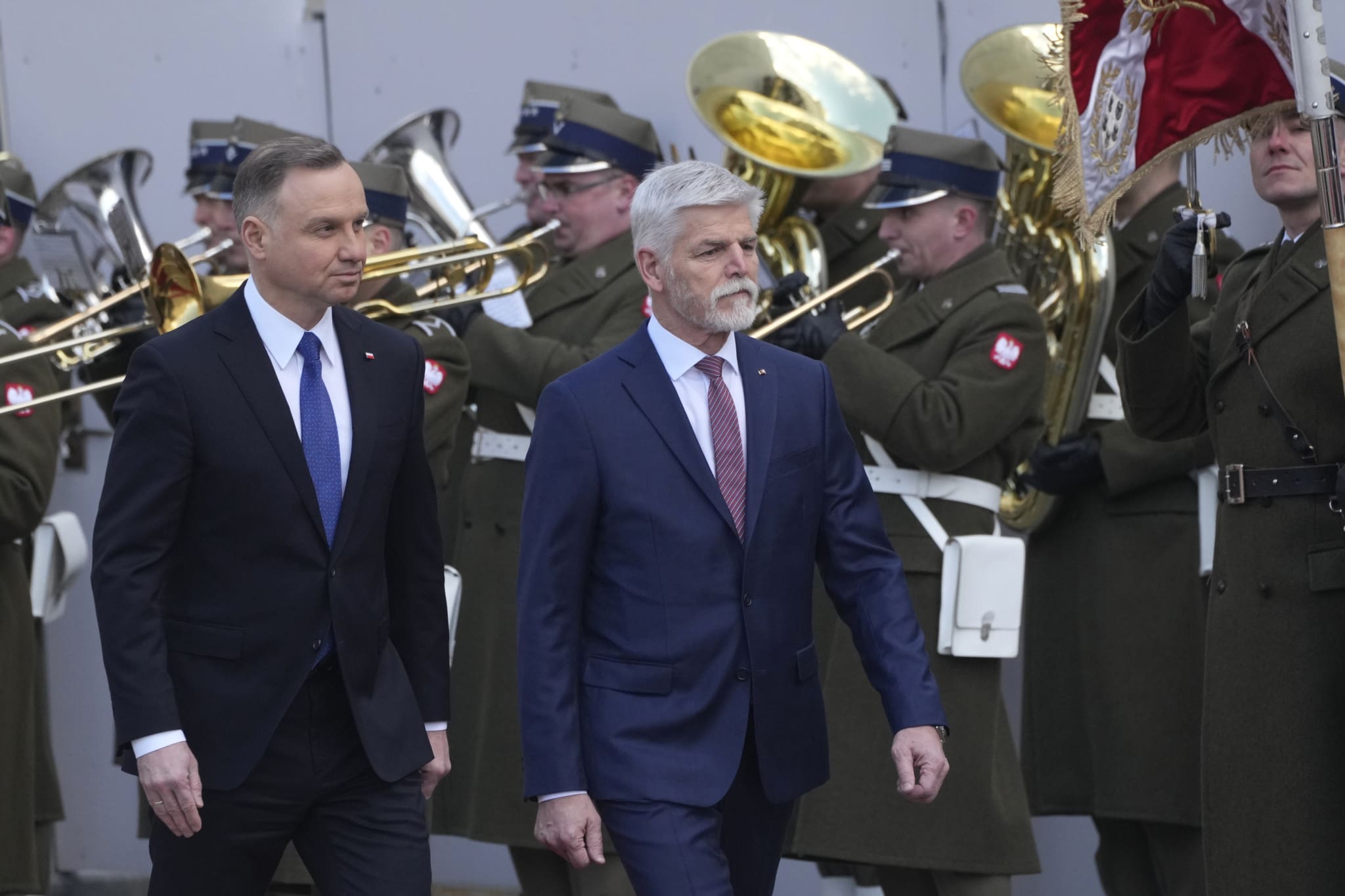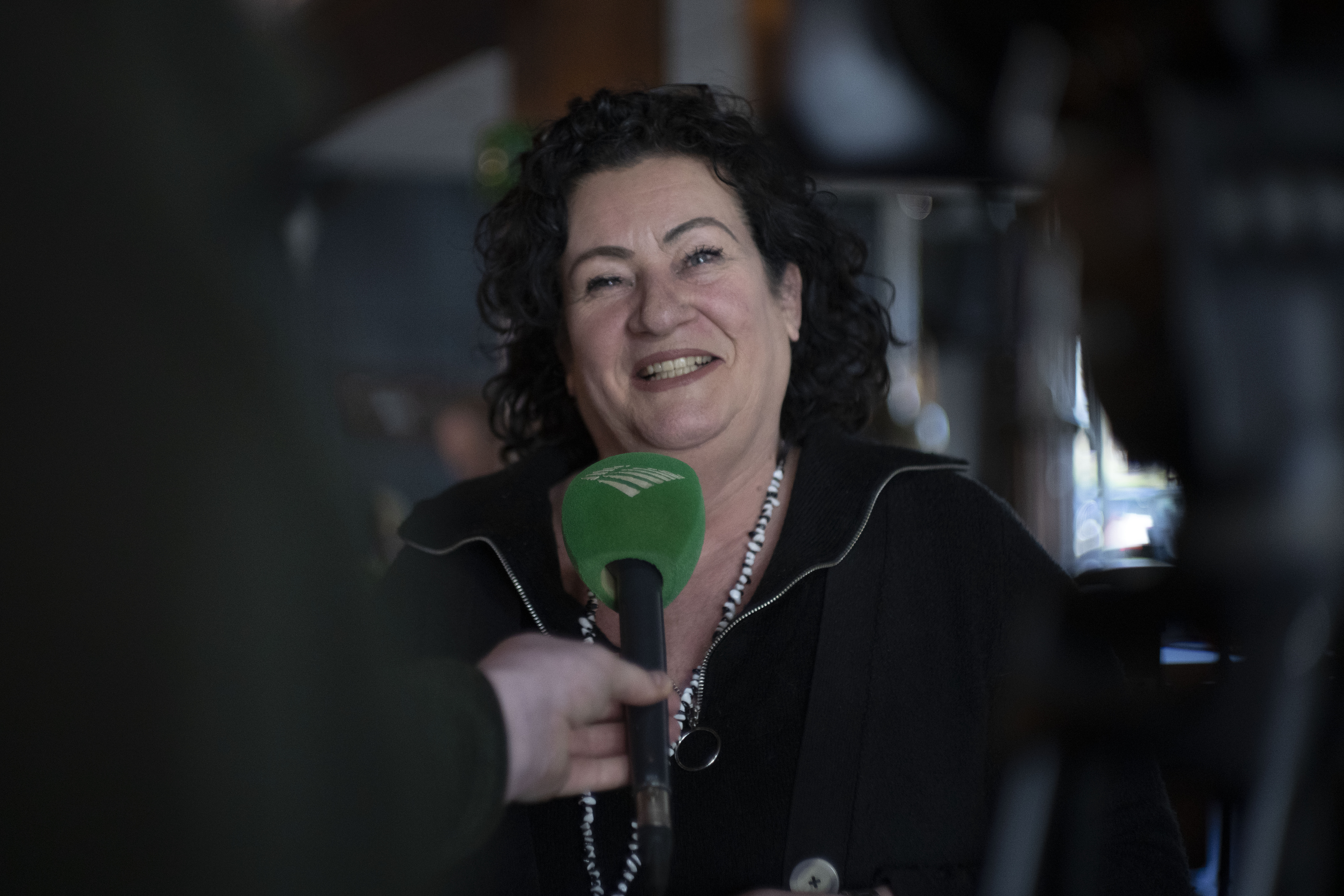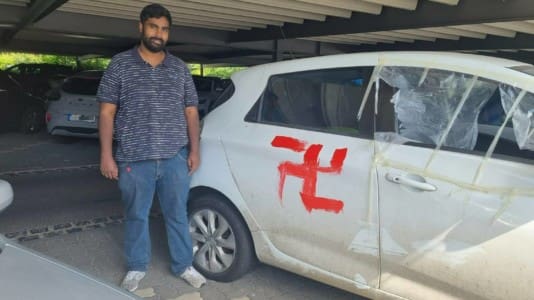Czech President Petr Pavel landed in Warsaw on Thursday morning for his second foreign visit since assuming the role earlier this month; he will be received by his Polish counterpart, Andrzej Duda.
The new Czech premier, who caused a stir with his lukewarm assessment of the Visegrád Group during his first trip abroad to the Slovak capital of Bratislava, arrives in Poland at a time of dwindling relations between the two countries. Pavel also has a reserved relationship with Poland’s current governing PiS party, reported Polish news outlet Onet.
He is expected to meet with Duda on Wednesday afternoon, as well as with several top constitutional officials, before visiting a Polish and U.S. logistics center at Rzeszów Airport on Friday, which facilitates Western aid headed to Ukraine.
Despite Pavel’s concern about accusations made against Poland of it moving away from the traditional rule of law model, the Czech president recently confirmed such issues won’t be on the table during this visit.
“I don’t think it would be an appropriate topic for a first visit,” he told reporters in Bratislava on Monday.
Instead, Pavel is likely to focus his attention on Czechia’s agreement with Poland regarding Russia, the two countries’ unwavering support of Ukraine, and enhancing regional cooperation.
[pp id=69123]
“That will be the main thing we will talk about, i.e., the positive topics. We can get to the others during further negotiations. There will be many opportunities,” Pavel said.
The Czech president will attend a gala dinner in Warsaw on Thursday before meeting with Polish Prime Minister Mateusz Morawiecki on Friday.
Pavel only recently met with Duda at the Munich Security Conference held last month during which he praised historical Czech-Polish relations and expressed his commitment to restoring the relationship.
“Relations with Polish friends are of great importance, even more so in today’s difficult times, when together we must also help solve problems beyond our borders. I look forward to cooperation and an early meeting in Warsaw,” said Petr Pavel in Munich.
Relations, however, may not be channeled for much longer through the Visegrád Group, an alliance toward which the newly elected Czech president has shown considerable skepticism. Earlier this week, he dismissed the long-standing alliance as little more than a “consultation forum” and referred to certain states as going through a “phase of democratic deficit.”






